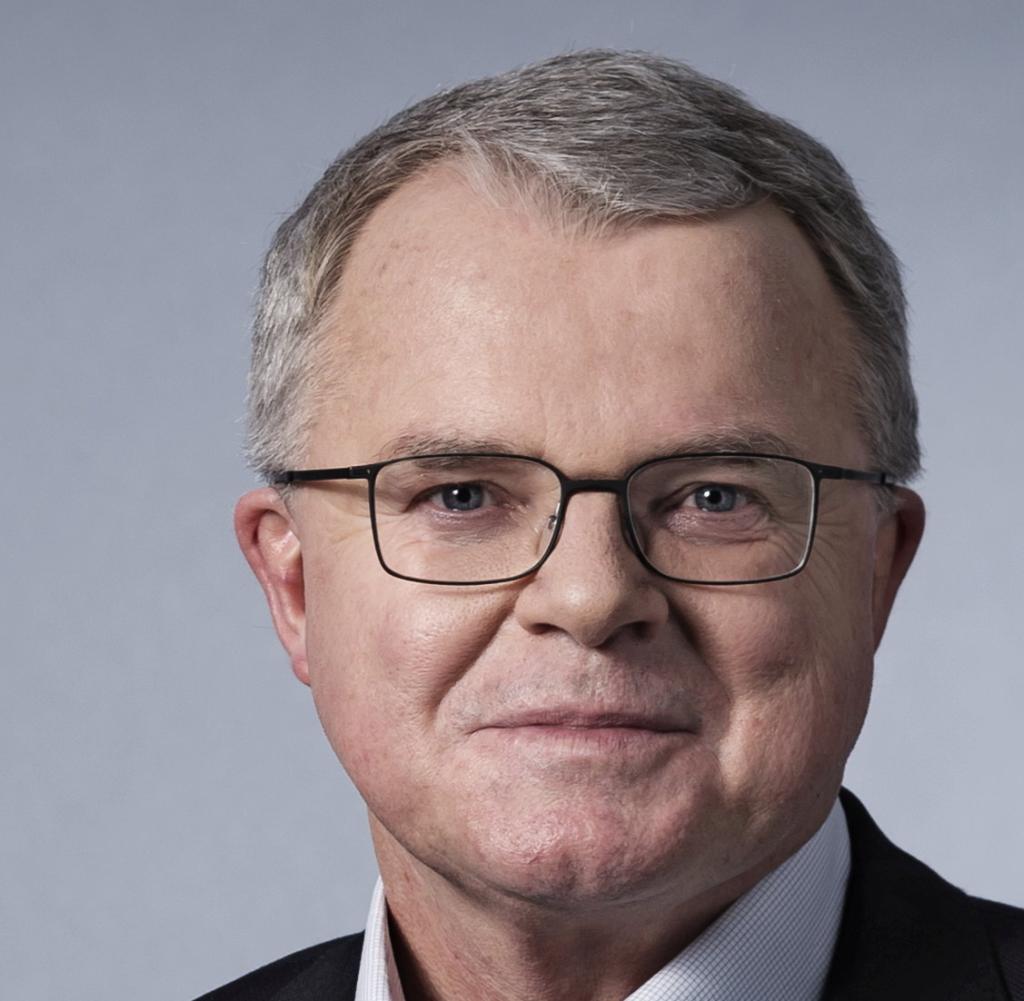Airplanes are lacking engines, satellites are causing problems: the upswing at Europe’s largest aerospace company, Airbus, has largely stopped. The higher delivery targets for the best-selling A320 aircraft family, which were confirmed just two months ago, and the expected improvement in earnings are now worthless. Instead of more profit this year, a decline in earnings is expected.
Airbus has now had to admit that only 770 instead of 800 units of the A320 family will roll out of production in 2024. That is still more than last year and is well above the annual targets of its long-time rival Boeing, which is in a deep crisis. But the biggest contribution to the shattered dreams of recovery comes from the satellite business.
Within two years, the write-downs now total 1.5 billion euros. Airbus has just announced that, after 600 million euros, a further 900 million euros will be written off in 2023. The adjusted operating result for the group will therefore fall to around 5.5 billion euros for the full year and not rise to 6.5 to 7 billion euros. This would mean that the result would even be below the 2023 figure.
In the space division, a restructured management team has taken another close look at all projects and found more problems instead of positive surprises. Airbus CEO Guillaume Faury did not give any details to analysts and only referred generally to telecommunications, navigation and earth observation satellites.
However, the industry says that it is a mixture of delays and technical challenges. The effects have been extrapolated over the next few years, which led to the huge write-off.
An analyst wanted to know from Faury whether the space business would lead to a new problem area with recurring write-offs and losses, as was the case with the A400M military transport aircraft. The Airbus boss denied this.
From his comments, it is clear that the problems with space travel are not directly linked to the new giant Ariane 6 rocket, which is scheduled to take off on its maiden flight on July 9. However, the general contractor ArianeGroup, in which Airbus has a 50% stake, posted losses last year. There is currently a lot of unrest in space travel. Elon Musk’s market leader SpaceX is putting the industry under pressure with technological leaps. New satellite developments are also changing business models.
The new write-downs are causing major concerns for Airbus’s armaments and aerospace division – because Airbus has so far been unable to benefit from the Bundeswehr’s rearmament in the armaments sector. The order for 20 Eurofighter fighter jets recently announced by Chancellor Olaf Scholz is far from generating revenue.
It is not really surprising that Airbus cannot increase deliveries as quickly as CEO Faury would like in its largest aircraft manufacturing division by far. Faury would like to take advantage of Boeing’s delivery weakness, but the supply chain is not keeping up at the desired pace.
Now the Airbus boss has even had to announce the second postponement of production targets. In spring 2023, he had to admit that the target of 75 A320 family aircraft per month would not be reached in 2025 – but only in 2026. Airbus has again scrapped this plan. Now it is said that this target will not be reached until 2027.
The supplier industry is obviously much slower than Faury had assumed. However, the challenges are also enormous. First, the industry was plunged into a deep aviation crisis due to the Covid pandemic, and now it is expected to expand production to quantities never seen before. Not everyone can keep up with that.
In recent years, Airbus has repeatedly accused engine manufacturers of not wanting to build gliders because they lack turbines. Speaking to analysts, the Airbus boss now described both engine suppliers for the A320 family – CFM and Pratt




